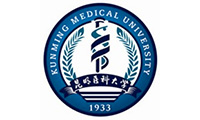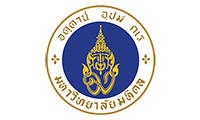The publication, which emphasizes the role of One Health approaches in sanitation and capacity development in Vietnam, says One Health adds ‘value in terms of animal and human lives saved, financial savings and improved ecosystem services from a closer cooperation of human and animal health as compared to single sector approaches’.
One Health approach to sanitation
The chapter ‘A One Health perspective for integrated human and animal sanitation and nutrient recycling’ (pages 96-106) introduces a novel approach for managing human and animal excreta in urban and peri-urban areas based on a study that evaluated the physical environment, social, economic and cultural environment and health status of communities in Hanam province in Vietnam. The conceptual framework used in the study identified and evaluated critical control points which brought together the knowledge and perspective of different sectors and stakeholders, from the researchers to the populations vulnerable to health risks. The approach used in the study gives a framework for jointly managing human and animal waste in developing countries where the reuse and recycling of waste for agriculture is important.
Capacity building in One Health
The chapter ‘Institutional research capacity development for integrated approaches in developing countries: An example from Vietnam’ (pages 332-340) stresses the need for institutional research capacity building in developing countries, where, for example, most universities are more teaching oriented rather than research oriented, and the importance of a North-South research partnership.
This chapter traces the roots of the Center for Public Health and Ecosystem Research (CENPHER) in Vietnam from its beginning, in June 2012, as a postdoctoral research project with the Swiss National Centre of Competence in Research (NCCR) North-South program to a self-funded research institution within the HSPH and with support from national and international partners including Swiss TPH and ILRI.
The chapter highlights how CENPHER is funding its research without core funding and addressing the challenges of the sustainability of its work by translating research outputs to inform policy and action, strengthening risk assessment capacity through the Risk Assessment Task Force that focuses on food, water and environmental hazards, bringing together Vietnam’s government ministries, universities and research institutes involved in risk assessment and food safety and coordinating several projects on One Health and EcoHealth for Vietnam and the Southeast Asia region.












